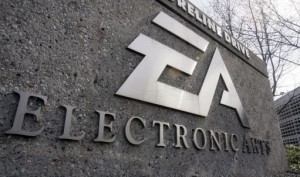
The term freemium has been getting a lot of spotlight in recent times as it is being strongly considered as the business model of the future for games by a number of analysts and companies in the gaming industry.
Allowing consumers to download and play the game for free, while charging them a little extra for unlocking additional content such as characters, weapons, clothes, items, levels, etc. if the experience gets the nod is something that tablets, smartphones and PC games have been offering for a while now.
Electronic Arts (EA) in particular has been pretty vocal about their interest in this new business model, calling it the future of gaming. Talking to UK trade site MCV, the Interactive senior vice president and general manager of the America-based publisher/developer Nick Earl asserted that the new business model can be quite rewarding, asserting that freemium is indeed the future.
“The future is not about one-time payments, the future is about freemium,” Earl said. “A decent number of people convert to paying and they may not pay a lot, but most of them actually pay more than you’d think.”
The validity of this observation by Earn becomes quite apparent after taking a look at the massively multiplayer online (MMO) PC games such as League of Legends. Developed by Riot Games, the free-for-play game allows players to download and play the game for free, granting them access to the basic features. However, for those willing to pay a little cash, they are able to enhance their experience even further by being able to play with additional Champions, the character that the player controls, getting different clothes for their Champions, unlocking runes, etc. Despite being generally free, the developer is still managing to make a fair amount of money through the downloadable content (DLC), a sign that other publishers and developers in the industry are finding hard to ignore.
While Earl is convinced that freemium will work great with PC games, he does have a few doubts about the success of the model on consoles at the moment. He did, however, contend that this is nothing absolute as people like free stuff and there is a not a lot that can go wrong with allowing them to try out a game for free as they are more likely to pay for something that have already tried and liked. This human nature is something that may eventually lead to the adoption of the free-for-play business model by console games.
The transition may require developers of console games to give preference to digital channels, something that can very well lead to a number of complications as it threatens a strong reaction from the retailers, whom the likes of Sony and Microsoft heavily rely on for bringing their consoles within the reach of consumers.